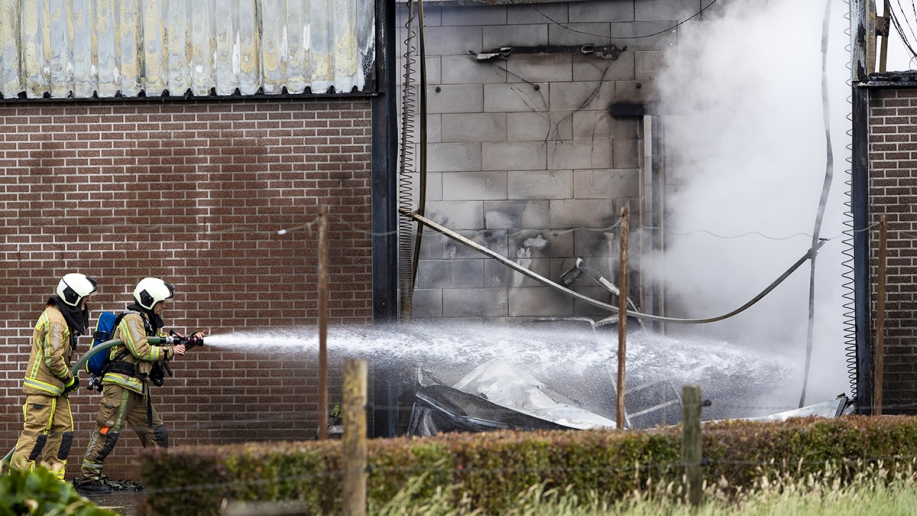At least 220 sites in Flanders are contaminated with high levels of PFAS, a "forever chemical" that poses significant health risks. The decontamination process is expected to be highly costly for the region and local officials are concerned about who will pay.
Polyfluoroalkyl substances (PFAS) are man-made chemicals that do not break down in the environment. They are in waterproof clothing, non-stick frying pans, food packaging, carpets, cosmetics and fire extinguishing foam. This last material is the reason behind high levels of contamination at hundreds of locations in Flanders, with the substances detected in drinking water, soil, and products grown in the region.
The Flemish Waste Agency (OVAM) is investigating 831 locations where the foam was deployed, including firefighter training grounds and sites where major fires broke out in the past.
So far, seven in 15 completed files show a high level of PFAS presence. Based on ongoing analysis, OVAM estimates that at least 220 interventions will be necessary, and 4,000 additional sites in surrounding areas have been designated as high-risk.
"It will take decades before everything is cleaned up, and that operation will cost hundreds of millions of euros," stated Andy Pieters, chief of staff for Flemish Environment Minister Zuhal Demir (N-VA).
'Polluter pays'
These concerns are shared among local officials. "If these costs were fully borne by the municipalities, many would go bankrupt," mayor of Kruisem Joop Verzele (CD&V) told De Standaard.
The American multinational 3M produced PFAS on its site in Zwindrecht, Flanders, until 2o02. In the following years, air, soil and blood tests of people living near to the 3M factory showed high levels of PFAS contamination.
Ever since, health and safety measures have remained in place: local produce such as eggs and home-grown vegetables cannot be eaten and children have to wash their hands after playing outside.
The multinational has since paid out €571 million in compensation, and it is hoped that some sort of financial remediation whereby the "polluter pays" will be possible in this instance too. Municipalities have called for the creation of a Flemish fund to shoulder clean-up costs.

